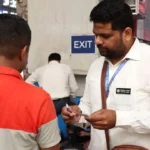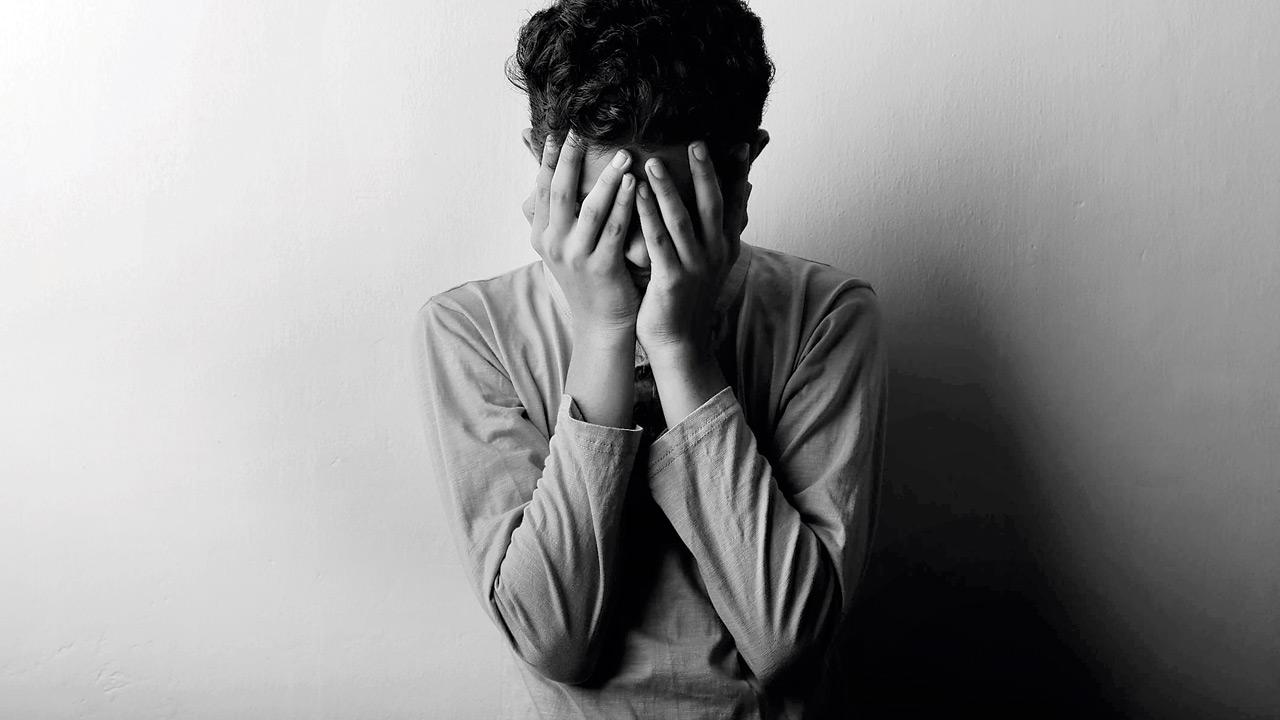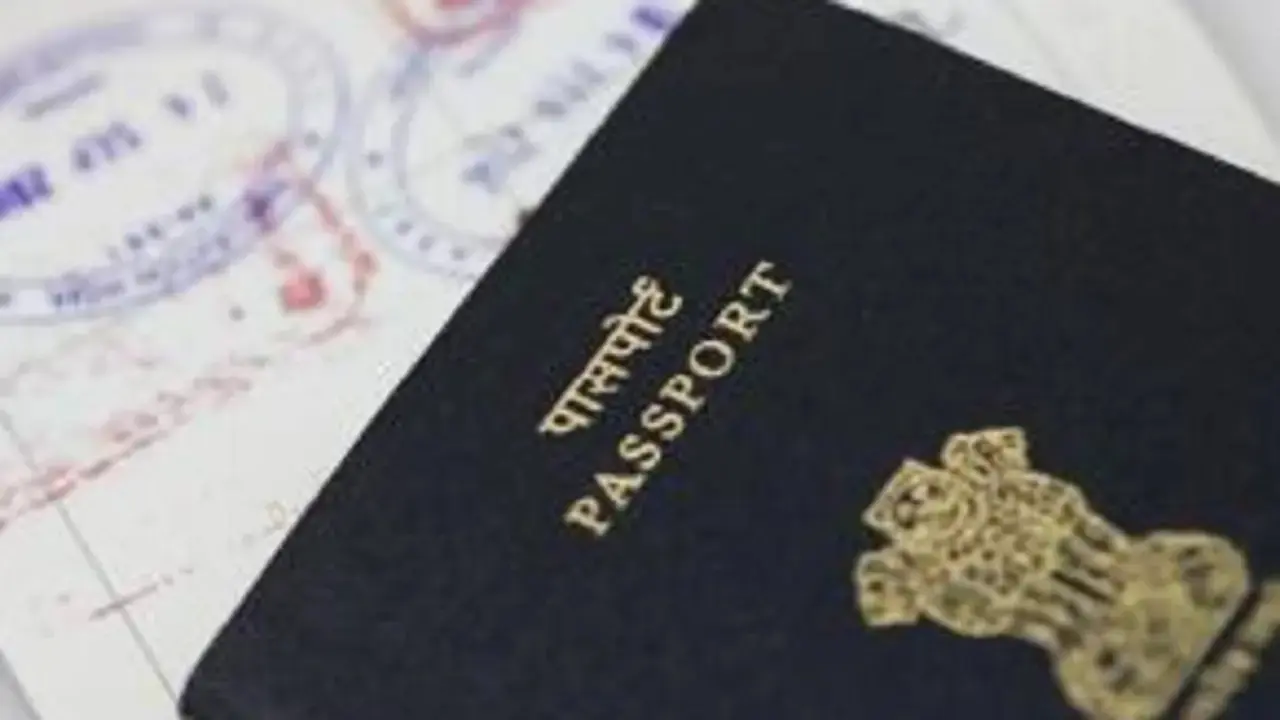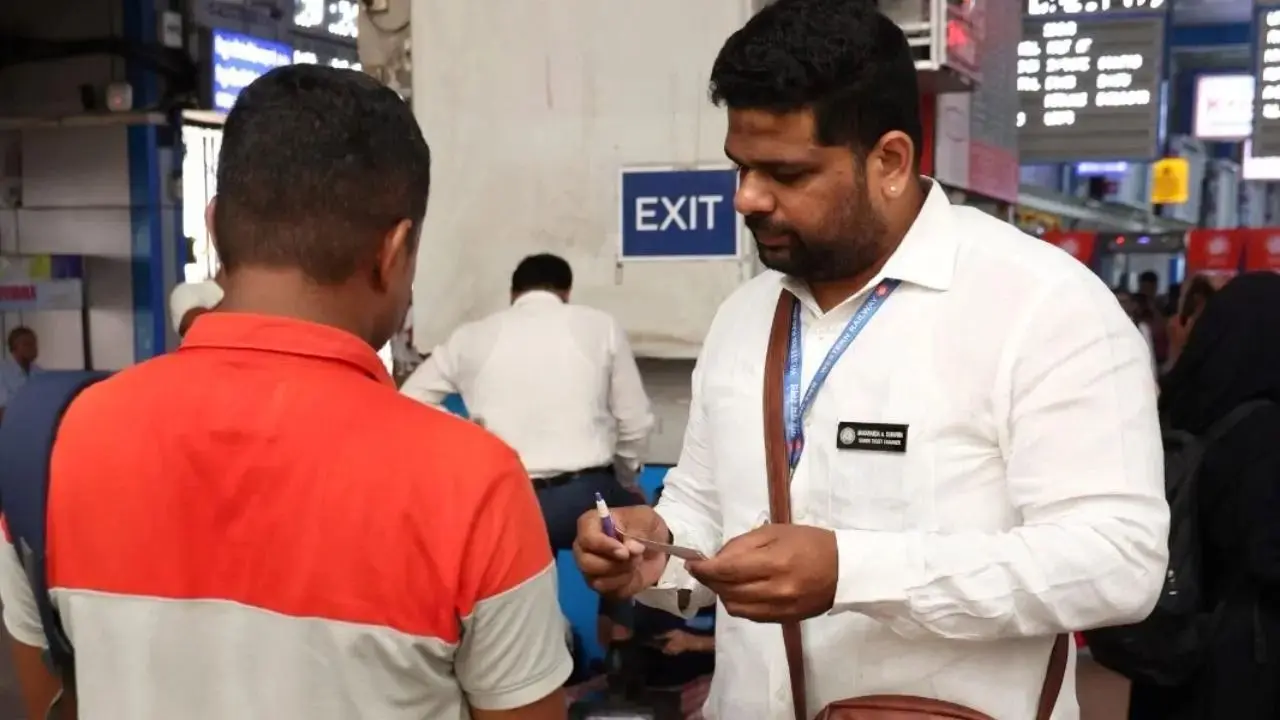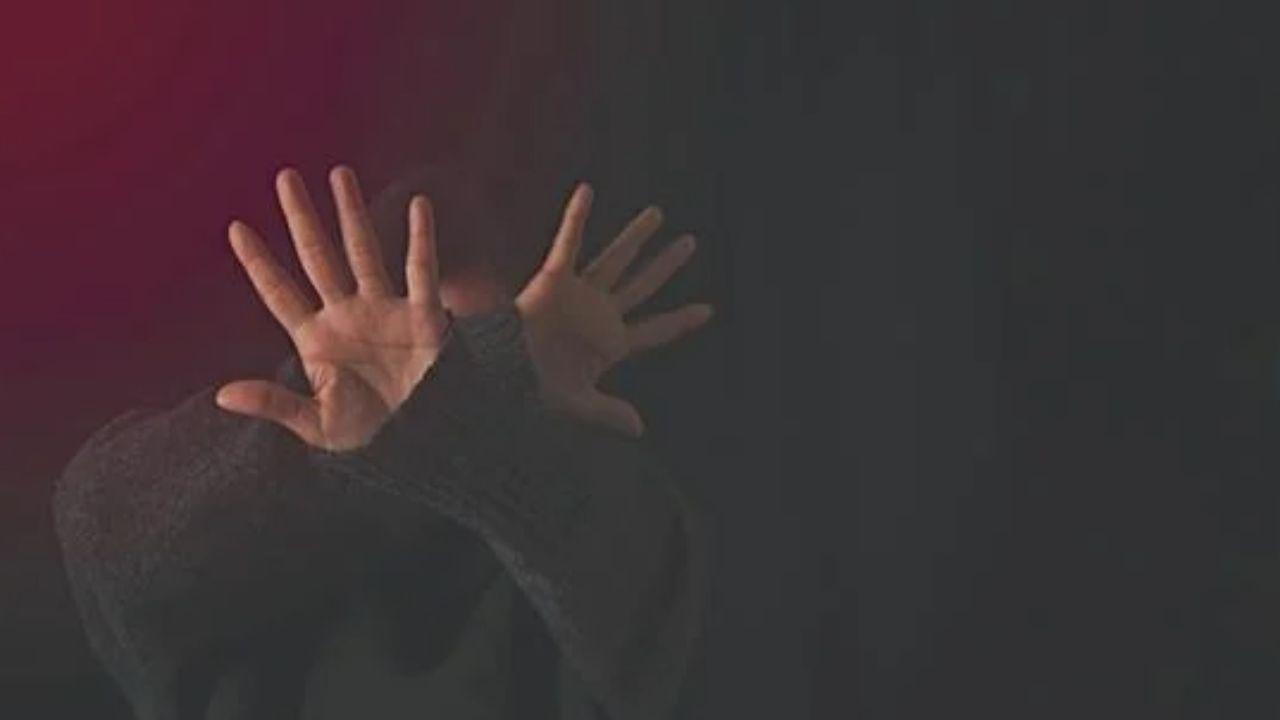As awareness about mental health steadily grows, so does the number of young voices reaching out for help. According to those running Ankahee Helpline, a call and email platform for individuals going through emotional distress, around 30 per cent of callers are under 18, while the general age of callers is between 15 and 30. They stated that the younger generation tends to share more over email than by phone calls. “The number of young callers has significantly gone up through the years,” said Sunitha Ramachandran, director, Ankahee Helpline.
“The number of calls especially, goes up during the exam season and holidays. These young adults often open up about distress in their interpersonal and romantic relationships, while others lack family support and feel burdened by studies. Many young adults are also comparing their lives to those that they see on social media, feeling a void in their own,” she added.
A similar trend was also observed at iCALL, a professionally run helpline associated with the Tata Institute of Social Sciences. While 18-40 year olds approach the main iCALL helpline, its CHAMPS Helpline designed for youngsters sees calls from 17 to 25 year olds while ReYou, a chat-based service, is used by a large number of 18 to 25 year olds.
“Since COVID-19, there has definitely been a surge in the number of calls from adolescents, young adults, and youths in general. The pandemic affected everyone, increasing the digital interface, too. These, along with more urban awareness, could be the reason behind this rise,” said Prof Dr Aparna Joshi, project director at iCALL. Oftentimes, these helplines see children from 15 to 18 seek help for themselves and even on behalf of any peers they are concerned about.
Civic helpline
Hitguj, the 24×7 mental health helpline run by the Brihanmumbai Municipal Corporation (BMC), is being turned to by children as young as 13. Breakups and family disturbances remain a common theme with these callers; however, this particular helpline has seen no notable rise in calls from these age demographics as of late.
“Given that it is World Mental Health Day tomorrow [Friday], we are anticipating more calls than the usual 20-25 cases. The last time we had several youngsters call was the death of popular actor Sushant Singh Rajput, since many related to him as an idol,” said a source from BMC. Since 2013, the helpline has answered nearly 67,505 calls.
Kids seek help
Even at in-person clinics, psychologists have seen children walk up to doctors for help despite parental resistance. “We have seen a fair share of those under 18 approaching the clinic for mental health concerns in spite of parental resistance. Them being minor, I had to call the parents to explain the gravity of the situation. Most of the times, it was difficult to convince the parents that the child needs help, given the social stigma attached to it. Children today are more aware of their mental health and do not hesitate to take help,” Dr Naazneen Ladak, consulting psychiatrist.
Trouble interacting
At the school level, too, children as young as three years old are frequenting the counsellor’s office. “We are seeing ‘COVID-babies’ in schools as a result of the lockdown. Children who had working parents, or attended online classes, and as a result were heavily exposed to screens at a premature age, are seen facing trouble interacting with peers in school. We had a student who wouldn’t make eye contact with anybody and only looked up when the teachers turned on the smart board,” said Sabina T, a counsellor at a Mumbai-based school.
Soon, the parents and the child became a part of a constructive counselling session, and now the latter has blossomed among his peers. “We try to conduct group sessions with all parents so they know that their child isn’t a ‘one-off’ or ‘special’ case. Today, a whole generation sweepingly faces mental health troubles, and dealing with these without any stigma is the most important thing,” she added.
According to experts, ADHD, behavioural issues, gadget addiction, gaming addiction, anxiety, sleeping issues, overthinking, procrastination issues, and even passive suicidal ideation remain common challenges for children from the age of 12-18.
Dr Sreystha Beppari, psychologist, Apollo Clinic, explains that as children grow older, relationship troubles become a common theme. “Today, more than ever, children have access to tools like AI and the internet. These often help children understand mental health, but on the flip side, even encourage them to label their own condition without any professional intervention,” said Dr Beppari.
A crucial journey
While the environment and surroundings are a part of the reason behind the surge, experts also say that mental health troubles become a part of the coming-of-age process. “Data cannot be viewed as just that when talking about mental health. It is crucial to note that adolescents often have less access often less openness with their parents, making them a rising demographic amid callers. Moreover, the younger children and newer generations are often viewed with a lens of judgement, these helplines may be the safe space they are looking for. Mental health is a crucial journey for all, at all ages,” said Aarthi Chandrasekhar, psychosocial interventionist.
At the other end of the line
mid-day sat through distress calls with Bhavana (name changed), a seasoned Ankahee Helpline volunteer, to understand what goes on the other side of the call. Every week, trained volunteers take calls for up to six hours. In the late evening, Bhavana logged in and patiently waited to see whether any distress calls would be forwarded to her. Within 10 minutes, the line rang and she introduced herself and the organisation.
Bhavana: Hello, this is Bhavana. Welcome to Ankahee. How can I help you?
Caller introduces themselves and asks more about the helpline
Bhavana: At Ankhaee, we listen to you and extend support. (Caller goes on to explain their distress for 10-15 minutes. Bhavana patiently nods and waits for a pause in the conversation)
Bhavana: I understand your situation. It must be very difficult to manage it all alone. (Caller elaborates on their troubles, asks for a way out)
Bhavana: We at Ankahee cannot advise you on the right thing to do. However, we are here to listen to you and hope that venting helps lighten the weight on your shoulders. (Caller thanks Bhavana for her time and goes back, feeling lighter)
While mid-day was only permitted to listen to the volunteers, to respect caller privacy, the paper found that the caller was a distressed male with relationship troubles and familial fallouts. The caller seemed to have no other outlet to share his grief and found solace in the helpline. While the caller has occasional thoughts about self-harm, he intended to take no such drastic step at the moment.
Bhavana patiently responded as the caller vented his feelings. She flagged it as a Level 1 call, where Level 3 calls are those which require immediate medical attention or urgent steps.
Bhavana, a student and an Andheri resident, explained that over the years, said the process has taught her to be more resilient. “For extreme cases, we have a protocol. We offer medical assistance to Level 3 callers and request them to stay on call with us until the situation de-escalates. However, there have been times when the line has gone silent, and we write to them to check up. Since this can be distressing for the volunteers as well, we have support volunteers ready to help us out,” she stated.
Kamayani Bali Mahabal, a trainer on gender health and human rights, said, “It’s all about time management. I have balanced both my own priorities and volunteering for over six years, and it has worked pretty well. Volunteering has helped me to hone my skills in active listening, as we do not listen to each other; we only tend to hear. For instance, when talking to a friend on the phone, we always ask how they are but never really pay attention to their response. Giving your undivided attention with empathetic listening is what I have gained.”
(The report mentions limited details of the call to respect caller privacy)
Helplines
Ankahee All days of the week from 4 pm to 10 pm
8655486966
iCALL From Monday to Saturday, 10 am to 8 pm
9152987821
Hitguj Helpline Available round the clock
022- 24131212
Common distresses, according to counsellors
12-18 year olds
ADHD, behavioural issues, gadget addiction, gaming addiction, anxiety, sleeping issues, overthinking…
18-20 year olds
Relationship troubles, lack of parental support, family conflict, emotional distress, academics…
25-27 year olds
Domestic issues, marital troubles, work-life balance, fiscal problems, job insecurities, weight of responsibilities…
* No distress is specific to age group and can depend on case



